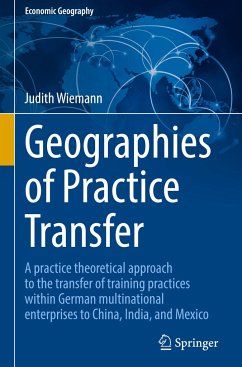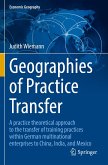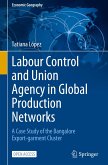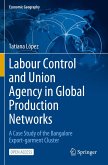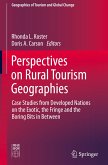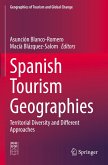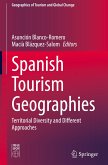Employing a practice theoretical approach, this study centers on how German multinational enterprises transfer three selected production-related training practices to their subsidiaries in emerging economies: onboarding of new employees, shop floor inducting of machine operators, and German-style dual apprenticeship training for specialized technicians. Empirical findings are drawn from three research regions: Greater Shanghai Area (China), Metropolitan Areas Mumbai-Pune-Bangalore (India), and Central Mexico (Mexico).In doing so, this study contributes to debates about the internationalization of multinational enterprises conceptualizing internationalization through the lens of practice transfer. Practice transfer is still an understudied phenomenon in economic geography while international business studies have a long-standing research interest in this area. This study provides a bridge between these two disciplinary fields connecting debates in economic geography on proximity/distance and knowledge transfer with organization studies-based research in international business studies - all the while providing a unique new perspective by developing a practice theoretical approach to explain practice transfer across distance and between territories.
Bitte wählen Sie Ihr Anliegen aus.
Rechnungen
Retourenschein anfordern
Bestellstatus
Storno

